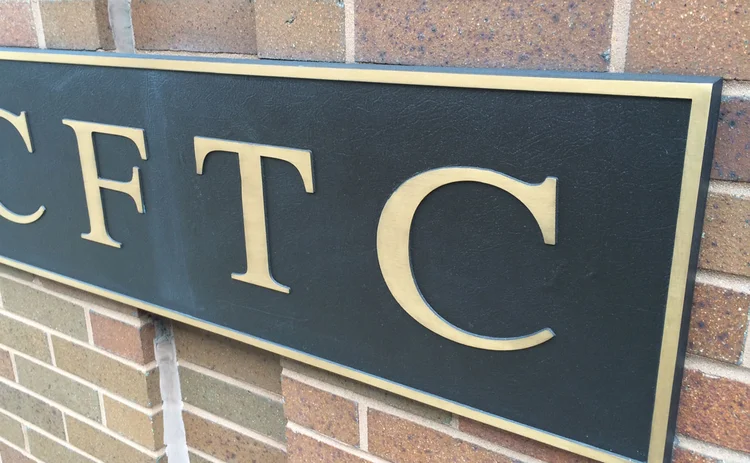
ASX gets first DCO exemption from CFTC
ASX becomes first exempt DCO, and four Asian CCPs have also applied for an exemption

The Commodity Futures Trading Commission (CFTC) has granted Australian Securities Exchange (ASX) the first exemption from registering as a derivatives clearing organisation (DCO), allowing it the permanent right to clear derivatives for US clearing members but not US clients.
Under US rules, central counterparties (CCPs) must apply to the CFTC to become a DCO – effectively a fully recognised
Only users who have a paid subscription or are part of a corporate subscription are able to print or copy content.
To access these options, along with all other subscription benefits, please contact info@risk.net or view our subscription options here: http://subscriptions.risk.net/subscribe
You are currently unable to print this content. Please contact info@risk.net to find out more.
You are currently unable to copy this content. Please contact info@risk.net to find out more.
Copyright Infopro Digital Limited. All rights reserved.
As outlined in our terms and conditions, https://www.infopro-digital.com/terms-and-conditions/subscriptions/ (point 2.4), printing is limited to a single copy.
If you would like to purchase additional rights please email info@risk.net
Copyright Infopro Digital Limited. All rights reserved.
You may share this content using our article tools. As outlined in our terms and conditions, https://www.infopro-digital.com/terms-and-conditions/subscriptions/ (clause 2.4), an Authorised User may only make one copy of the materials for their own personal use. You must also comply with the restrictions in clause 2.5.
If you would like to purchase additional rights please email info@risk.net
More on Regulation
Market players warn against European repo clearing mandate
Regulators urged to await outcome of US mandate and be wary of risks to government bond liquidity
Esma won’t soften regulatory expectations for cloud and AI
CCP supervisory chair signals heightened scrutiny of third-party risk and operational resilience
BPI says SR 11-7 should go; bank model risk chiefs say ‘no’
Lobby group wants US guidance repealed; practitioners want consistent model supervision and audit
Esma supervision proposals ensnare Bloomberg and Tradeweb
Derivatives and bonds venues would become subject to centralised supervision
Industry frowns on FCA’s single-sided trade reporting efforts
Buy side warns UK attempt to ease Mifir burden may miss target; dealers aren’t happy either
One vision, two paths: UK reporting revamp diverges from EU
FCA and Esma could learn from each other on how to cut industry compliance costs
Market doesn’t share FSB concerns over basis trade
Industry warns tougher haircut regulation could restrict market capacity as debt issuance rises
FCMs warn of regulatory gaps in crypto clearing
CFTC request for comment uncovers concerns over customer protection and unchecked advertising







